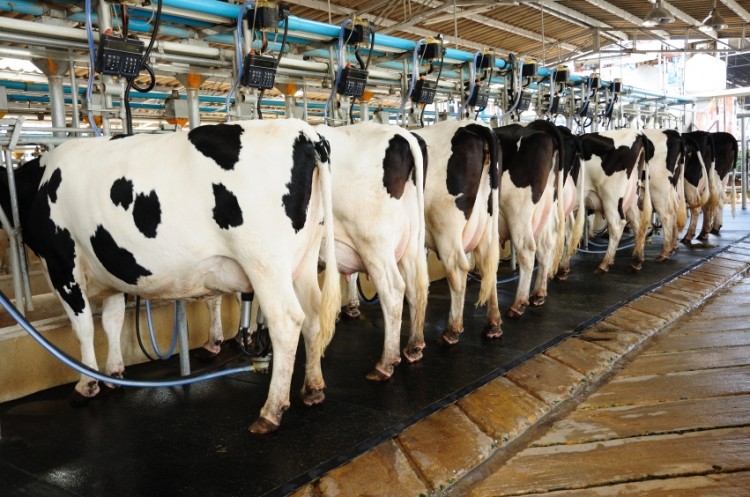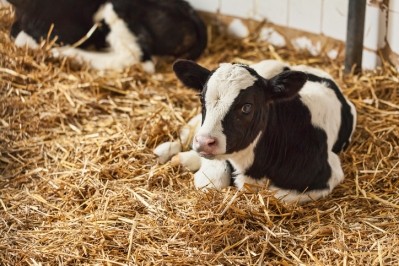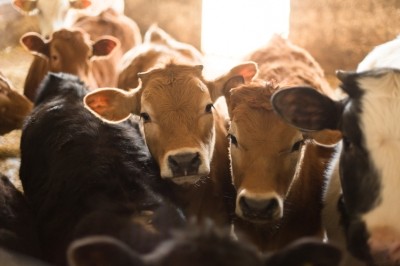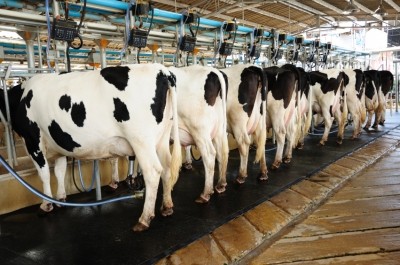New $7.6m US university dairy complex set to support feed, nutrition and reproduction science

The university’s governing body recently approved designs for the second phase of the dairy complex, reported Virginia Tech.
“The funding has been allocated and the designs have been approved, so the contract process can start,” said Mike Akers, Alphin professor of dairy science and head of that department.
The construction work on the centers is expected to begin in early 2016 and could take about a year. “We’re thrilled that this is coming to fruition,” he said.
Phase 1 of the initiative included the building of a milking parlor with a computerized milk-monitoring system, a free stall barn where 228 milking cows are housed, a modern waste management system, a special needs heifer barn, and a pre-weaned calf facility.
Metabolic research
The new facilities are set to include a metabolic research center.
This will allow for intensive research projects with a small numbers of animals in a controlled environment, said Akers. The building has been designed to facilitate the collection of some animal samples, like waste products, and the implant of devices like cannulas.
“You want to know what’s fed, what’s consumed and what comes out the other end,” he said. “This will give them a way to collect urine and feces from animals and note totals.”
The facility will also enable examination of some diseases and will offer controlled climate space for heat or cold stress tests, he added.
“To continue some of those things we were already doing, and add the new facilities, is a real boost,” he said.
Early calf nutrition
Some ongoing research projects have already been slated to move to the dairy science complex when it is completed, Akers said. The work includes projects related to use of amino acids.
“We have some interesting things going on in the department with early nutrition in calves,” he added.
Other research looks to record data on milk cows including milk yield, composition, somatic cell count, milk protein amounts and milk fat content in addition to their activity information, said Akers. “They’re collecting all this data to predict animals that may have a metabolic issue,” he added. “That’s an ongoing trial that will be going into the new facility.”
The center also will allow for joint projects with scientists from the department of animal and poultry sciences, the agricultural technology program and the Virginia-Maryland College of Veterinary Medicine, and covering topics like nutrition, lactation, genetics, immunology and ways to manage disease and boost milk quality, the university reported.
Additional facilities
The project also includes a reproduction facility and a BETR or bovine extension, teaching and research building.
“(The) applied reproduction facility handles animals used by dairy science students, agriculture tech students and veterinary students,” said Akers. “It’s where they’re training students to do palpations or to determine if the animal is open, pregnant (or) not pregnant.”
The BETR building is a replacement structure and set to offer laboratory space in addition to facilities for animal shows and classes, said Akers. It also will house extension activities.








